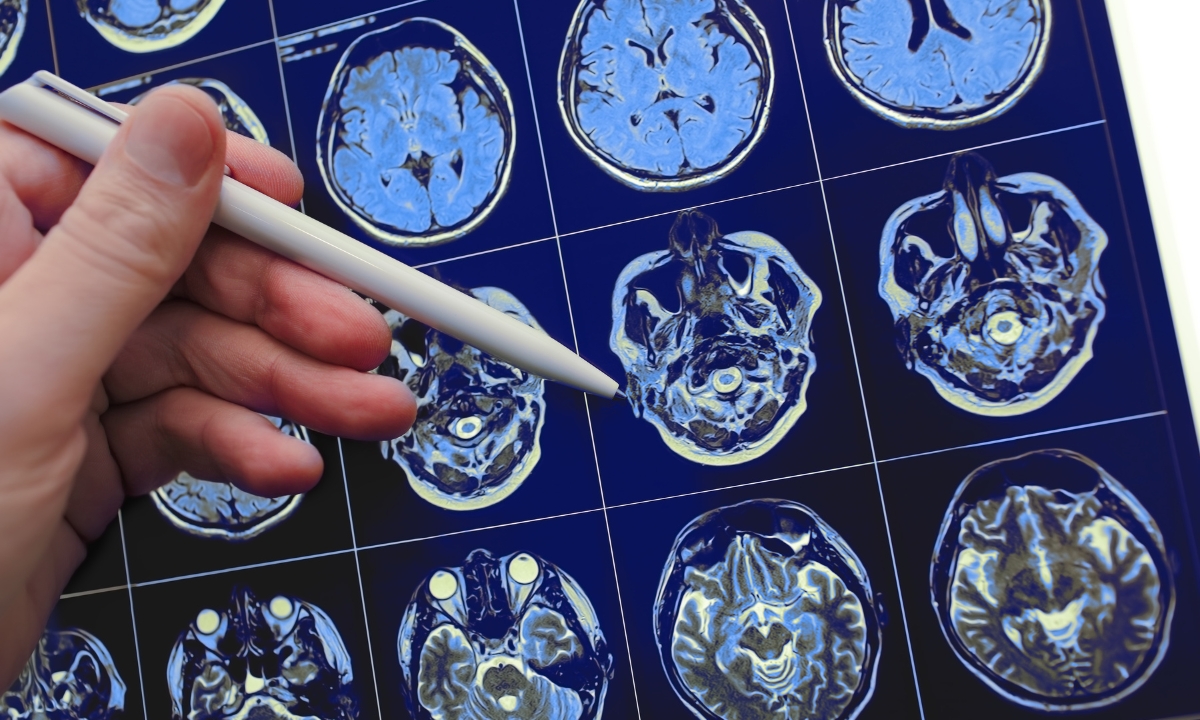Alzheimer’s disease and other forms of dementia are progressive neurological disorders that affect memory, thinking, and behavior. As these conditions develop, they can profoundly impact the daily lives of those affected and their families. Home care services play a crucial role in managing these symptoms, providing support that allows elderly individuals to maintain a level of independence while ensuring their safety and well-being. Let’s take a deeper look at the importance of home care in managing Alzheimer’s and dementia symptoms and how Reliant Home Care Services can help your loved one retain their independence and safety.

Understanding Alzheimer’s and Dementia
Alzheimer’s disease is the most common type of dementia, accounting for 60-80% of cases. Dementia itself is not a specific disease but rather a general term for the impaired ability to remember, think, or make decisions that interfere with doing everyday activities. According to the Alzheimer’s Association, an estimated 6.9 million Americans age 65 and older are living with Alzheimer’s in 2024.
Alzheimer’s and dementia are progressive diseases. Many people who are in the first stage of Alzheimer’s are able to live alone and manage their lives with little to no difficulty. They may occasionally forget someone’s name or need to rely on a calendar more than they once did, but often few life changes are needed. Someone can remain in this stage for years before the disease progresses. However, by stage three or four, individuals do need more help. Determining the right time to reach out for help isn’t black and white—some people need help earlier than others. You, your loved one, and their care team will need to communicate often about the progress of the disease and what steps should be taken to make certain your loved one is safe.
The Impact of Home Care
Personalized Care and Routine
One of the main advantages of home care is the ability to provide personalized, one-on-one care tailored to the individual’s specific needs. For dementia patients, maintaining a routine is beneficial because it can help reduce confusion and anxiety. Home care professionals are trained to create and sustain a stable environment that respects the patient’s habits and preferences, thereby minimizing stress and disorientation. At Reliant, we do our best to minimize changes to your loved one’s routine to make the transition to home care as smooth as possible.
Safety and Supervision
Patients with Alzheimer’s and other forms of dementia are at increased risk of accidents within their homes. One of our first steps with new home care patients is to conduct a home safety audit. This audit will identify areas that need modifications to ensure safety. This may involve installing grab bars in bathrooms, ensuring floors are slip-resistant, and removing tripping hazards, thus reducing the risk of falls.
Medication Management
Proper medication management is critical in managing the symptoms of dementia, and this can be a complex task as the disease progresses. Our team of home care professionals ensure that medications are taken correctly and at the right times, helping to manage symptoms and prevent complications.
Social Interaction
Isolation and loneliness can accelerate cognitive decline in dementia patients. Home caregivers provide essential social interaction and companionship, engaging patients in conversation, games, and activities that stimulate the mind and help maintain cognitive functions for as long as possible.
Supporting Family Caregivers
Family caregivers often face significant emotional, physical, and financial pressures. Our respite care services can alleviate some of these stresses by sharing the care responsibilities. This support can prevent caregiver burnout and ensure that the quality of care for the dementia patient is maintained. Moreover, home care professionals can educate families about the disease and coping mechanisms, further aiding in the care process.
Clinical Benefits of Home Care
Studies have shown that dementia patients receiving home care have a better quality of life. They experience fewer complications, such as falls or emergency hospital visits, compared to those in institutional settings. This is attributed to the personalized care and constant attention they receive, which helps in early identification and management of potential health issues.

Reach Out to Reliant Today
Home care services are indispensable in managing Alzheimer’s and dementia symptoms effectively. They provide tailored care that meets the unique needs of each patient while supporting family caregivers and improving the overall quality of life for those affected. As we continue to see a rise in dementia cases, the role of home care will become increasingly important in our healthcare system.
For those dealing with Alzheimer’s or other forms of dementia, understanding the resources available and how home care can help is crucial. It is a viable option that promises compassionate care and support throughout the journey of managing these challenging conditions. Reach out to Reliant today to learn more about how we can help you and your loved one manage dementia and Alzheimer’s.

